"Practically since Euromaidan in 2014, and especially since 2017, the ethnic Hungarian population has suffered from repressive, anti-minority measures and the survival of the local Hungarian community has been endangered at an elementary level, due to threats of restricting our educational sphere, our minority institutions and the free use of our mother tongue," Gyorgy Duda, director of the Transcarpathian newspaper Karpati Igaz Szo (KISZo), told Magyar Nemzet.
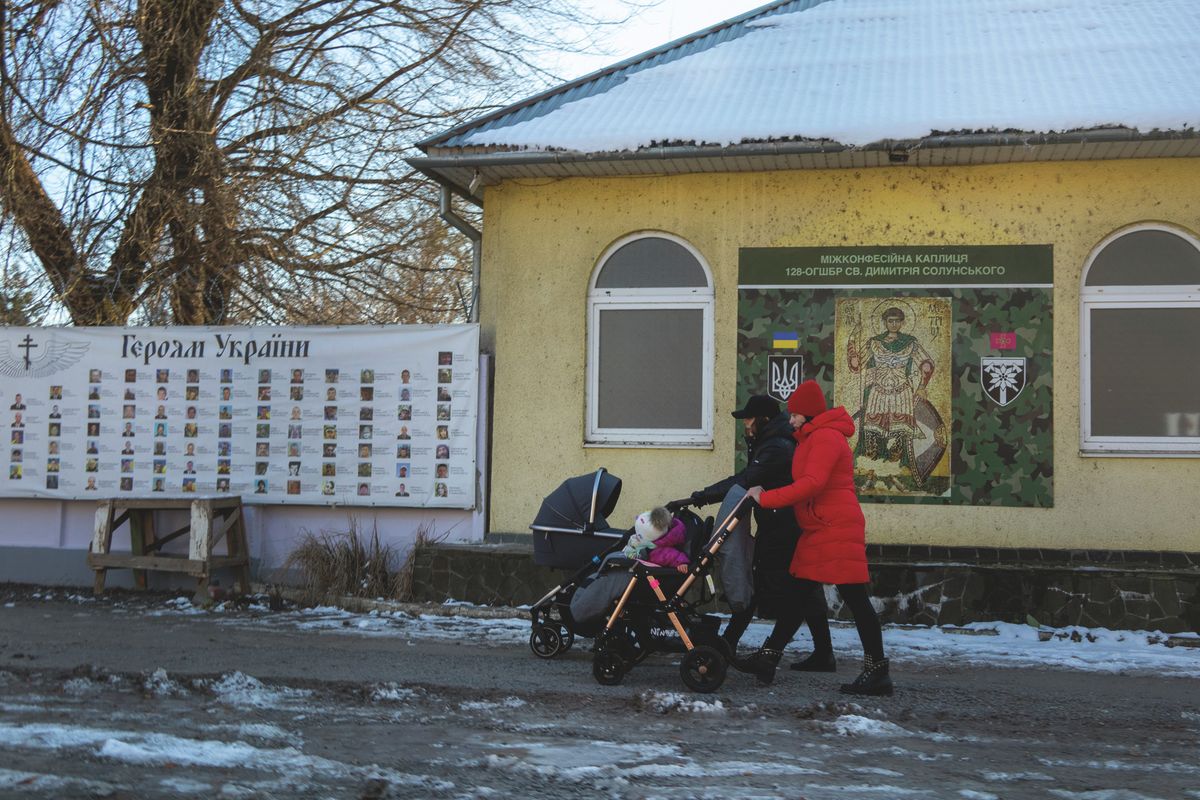
He stressed that since 2015 the laws on language, media, secondary and higher education, and indigenous national minorities, as well as the new law on national communities adopted in December 2022 have brought changes over the past nine years, continuously curbing the rights of Hungarians living in Ukraine. Experts have pointed out that these changes violated rights, went against the constitution, and failed to fall in line with the standards of European democratic minority and human rights. However, we can see that Kyiv is trying to settle the rights of Hungarians in Transcarpathia in an effort to restore Hungarian-Ukrainian relations.
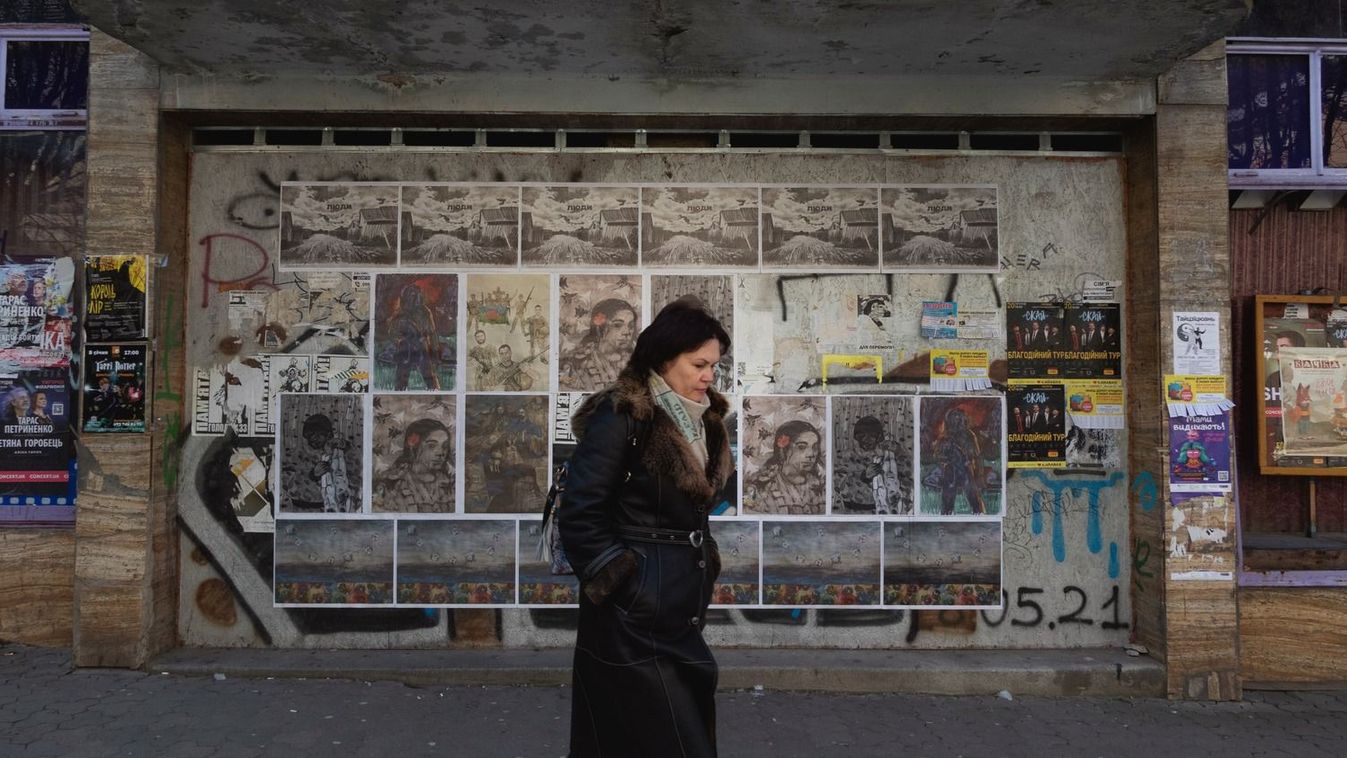
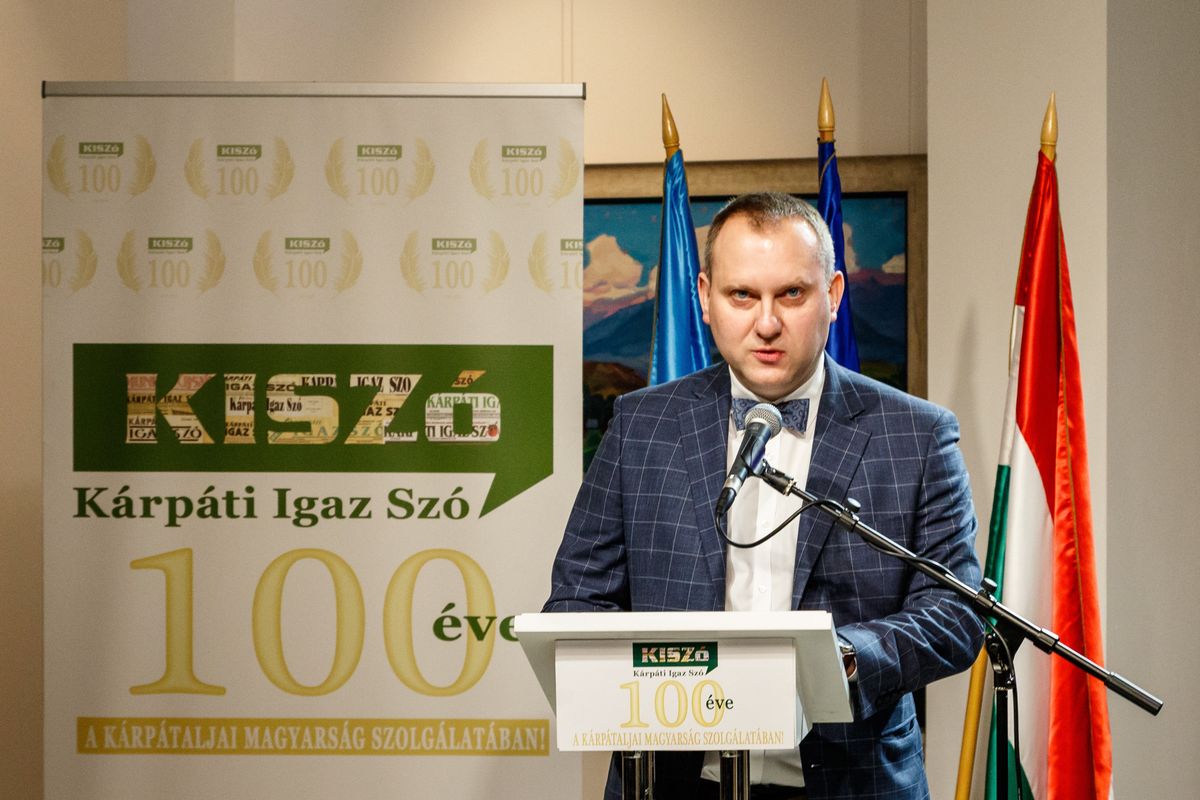
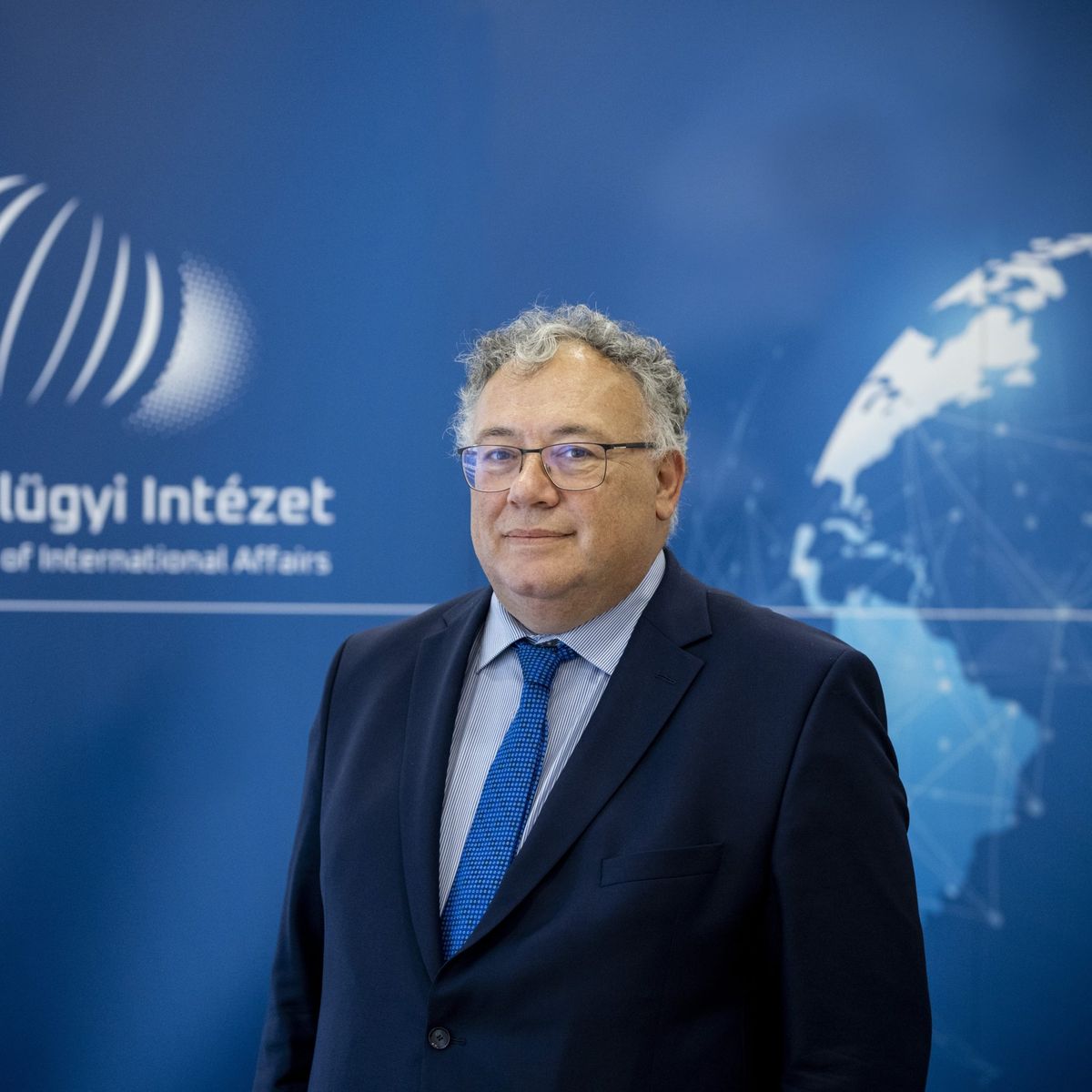
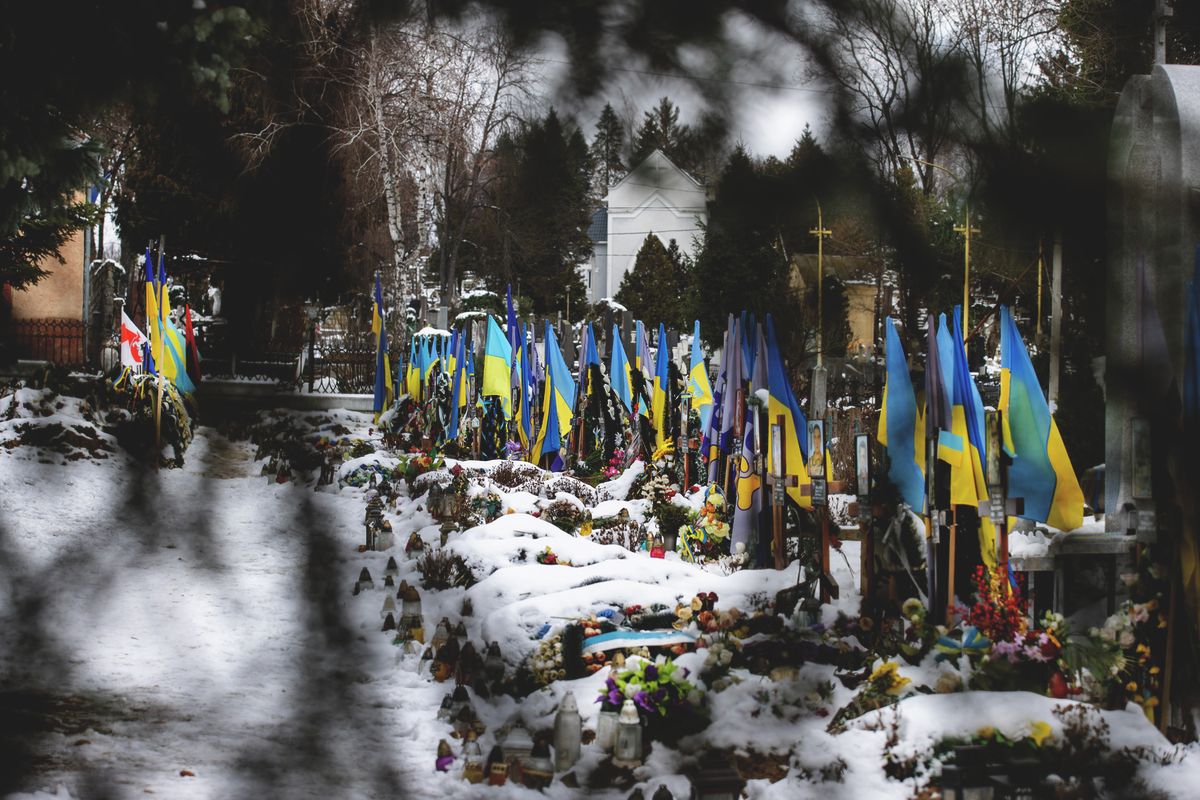
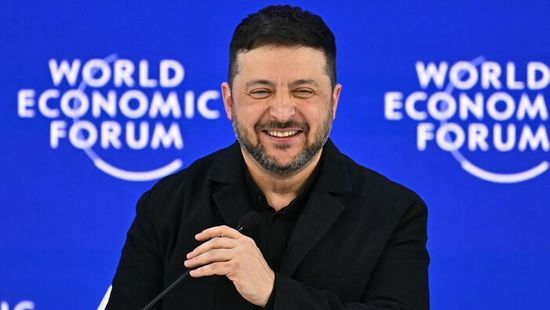
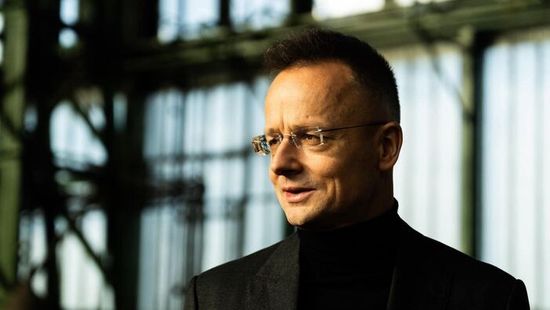
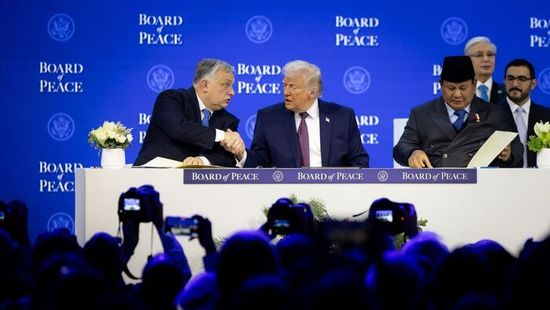
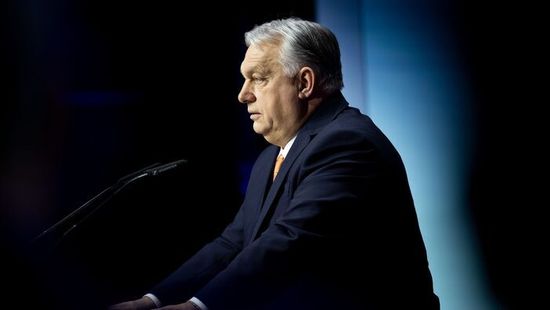

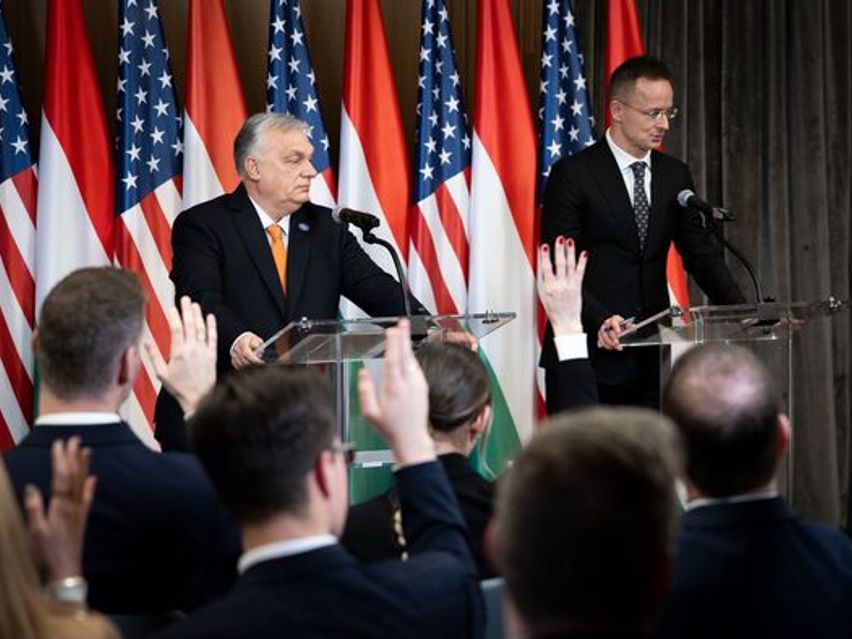
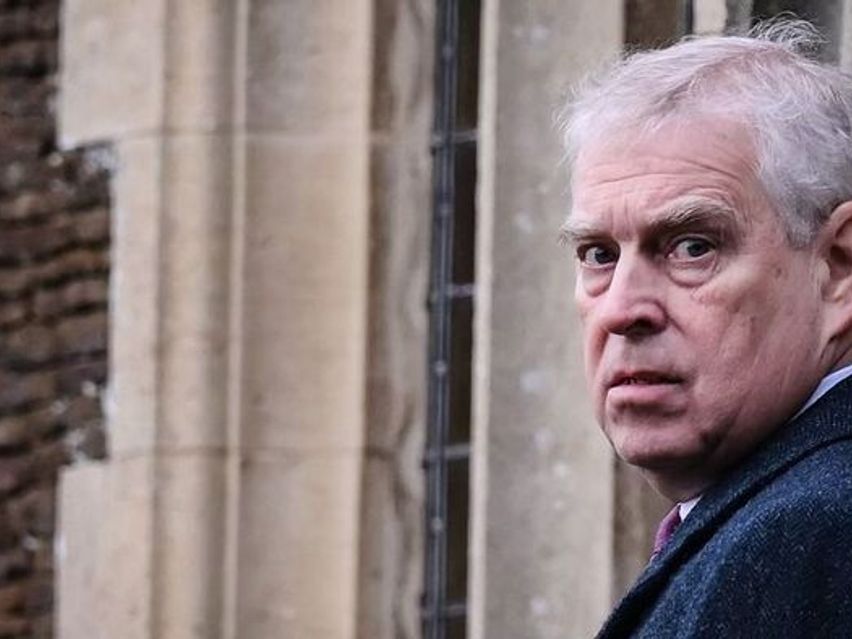

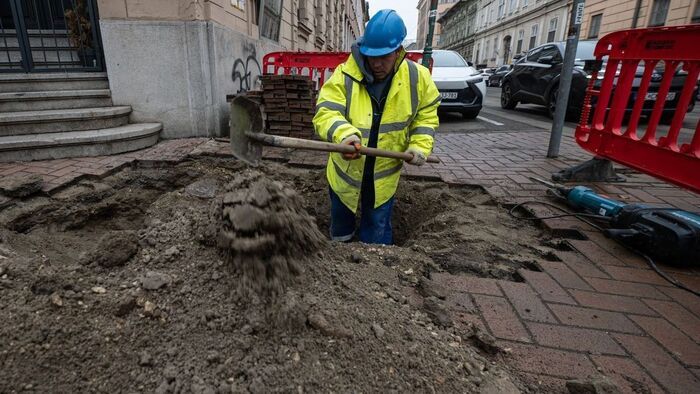




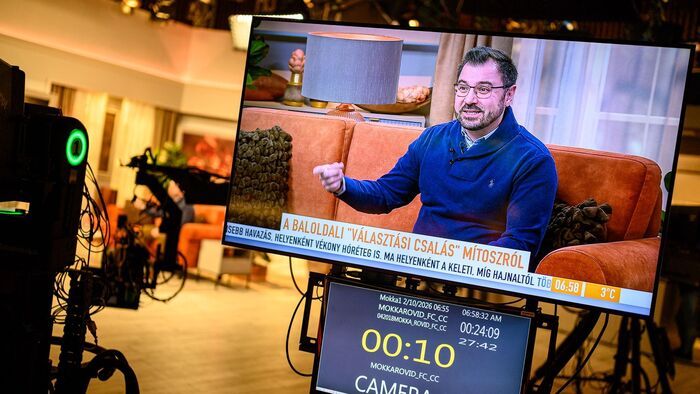
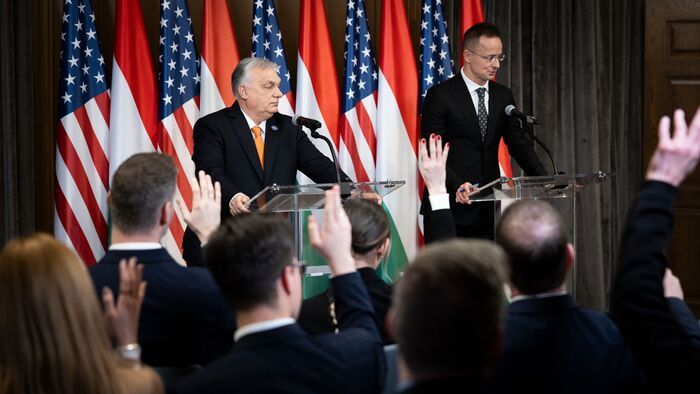
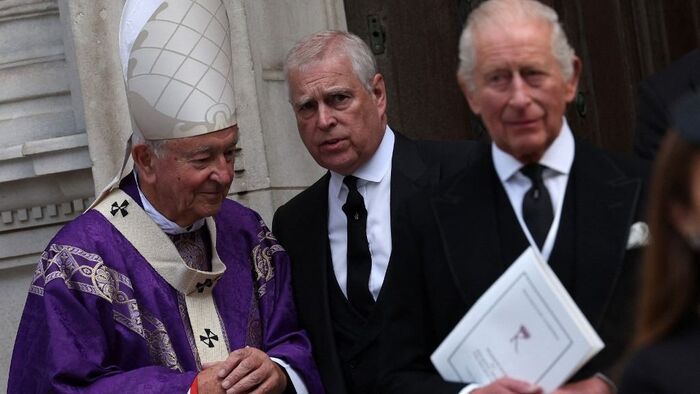
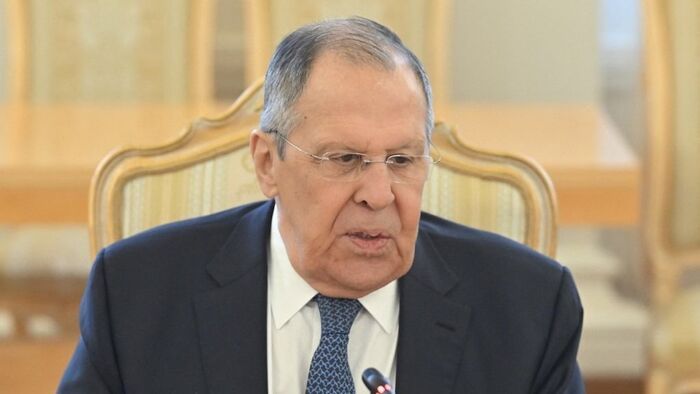



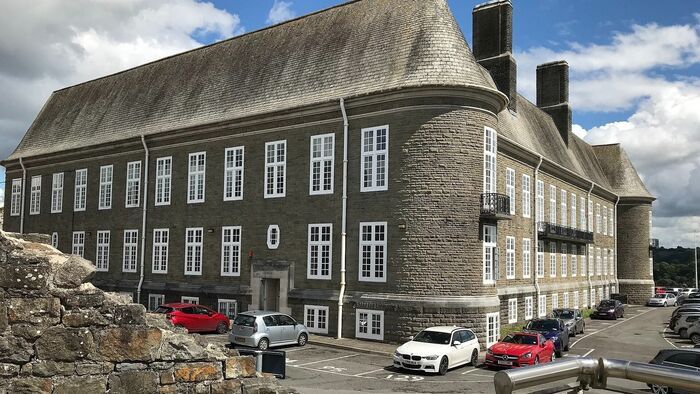

Szóljon hozzá!
Jelenleg csak a hozzászólások egy kis részét látja. Hozzászóláshoz és a további kommentek megtekintéséhez lépjen be, vagy regisztráljon!